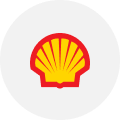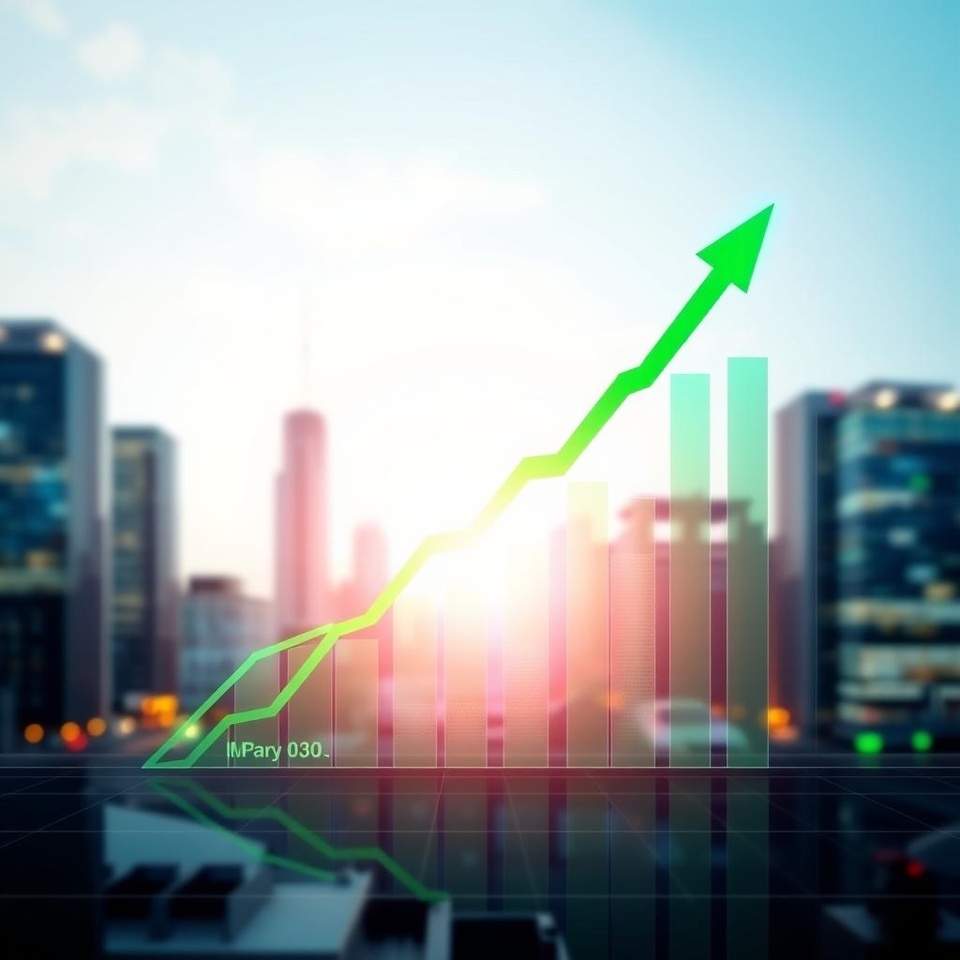A brief look back:
I started investing 5 years ago (still 23 years young at the time).
At the time, I was still in the final stages of my dual studies when Corona suddenly hit.
My original plan to buy my own car was quickly changed to a loan-financed purchase.
The 17k that became available went public in April 2020. Looking back, there was probably no better time.
First learning:
The father of my current fiancée advised me to invest in 50% Msci World $IWDA (-0,29%) and 50% Dax $DBXD (+0,1%) to invest. This in the form of two ETFs.
Without any knowledge of the stock market, I went to my bank (Sparkasse) and told the advisor that I would like to invest in the two ETFs mentioned and open a custody account for them.
I was presented with two funds. Deka Champions and DWS Dax or something like that.
When I asked her that these were not ETFs but funds, she simply said that the benchmark was the same and that the nice saleswoman would also invest in the products mentioned.
So 10k was invested. The 3% and 4% issue and sales charges were thus paid.
Later, after I got to grips with the stock market, these were liquidated and I switched to Smart Broker for individual shares and Trade Republic for ETFs.
2nd learning what goes up can also go down:
One of my first stocks was $KO (-0,47%) and $ALV (-0,18%) the good $ETSY (-1,56%) . EK was 53€ and about 1.5k was invested.
Etsy went up to 110€ and I made my first 50% partial sale ever. Etsy rose to 240€ and nothing was done on my part. Etsy sinks to 90€ and I got back in with the partial sale. Etsy was finally sold completely at 70€.
My first learning on individual stocks was followed by the second. FOMO:
Cannabis = Bevcanna Enterprise 1.5k invested 99% loss
Independent mining corp. = 1k invested sold with 60% loss.
Today I am very thankful that I only paid 2k in tuition fees. I seriously believe that it saved me from bigger losses in the following years.
3rd learning:
An investment in a pure ETF $VWRL (-0,13%) from the beginning would have given me almost 15k more return by 2024.
I spent 2022 to 2024 reducing a difference of almost 20k, from mistakes made in 2020 and 2021, to my what if portfolio (ETF only). In 2025, however, I settled the amount for the first time to now plus minus zero through my portfolio outperformance.
4th learning:
In all this time, I have been studying the stock market in depth. I don't think I would have gone long with a pure ETF. All the non-fiction books, conferences, streams and videos have also given me a more comprehensive understanding of world events beyond the stock market. I have also made a noticeable change on the subject of money. And no, I don't turn over every penny. My savings ratio is 50% consumption / vacation and 50% retirement provision.
My latest learning:
Being debt free at 29 and having 100k gives you peace of mind. You shouldn't live your 20s in complete consumption, but you shouldn't oversleep either. My trips around the world to Asia, Central America, Europe and Africa, some with friends, some with family, have brought me more than just money.
But everyone is different. I am happy to have taken the middle path.
I have now increased my initial savings rate of €400 per month to €840. However, the €800 for vacations and consumption are just as important to me.
Thoughts on my current portfolio:
Trade Republic:
About the ETFs $IWDA (-0,29%)
$EIMI (-0,05%) and $XSX6 (-0,16%) I don't have to say anything. This is my core investment.
$SGBS (-0,28%) and $GDXJ (+5,7%) are my way of diversifying with gold. When I added gold to my savings plan on December 31, 2024, both positions almost automatically reached the 5% weighting.
What is new $VNA (-0,69%) . I selected these at the end of 2025 together with $O (+1,33%) for my 10% weighting in the real estate sector. For me, Vonovia is wrongly valued too much as an interest rate bet. Fundamentally, there is a lot right with the exception of the debt. I hope for a nice turnaround and even if not just under 6% dividends are very attractive.
As my individual stocks have performed very strongly, my allocation has become unbalanced. The goal is 50% ETFs, gold, real estate, cash and 50% individual stocks.
I won't say anything about my individual shares so as not to prolong the article too much.
Except:
$ALV (-0,18%)
$BATS (-0,99%)
$SHEL (+0,37%)
$GOOGL (-1,03%) are long-term stocks
$AAPL (-2,33%)
$BABA (-1,94%)
$1211 (-1,26%)
$EUZ (+0,95%)
$AXON (-2,15%) medium-term
$OXY (+1,36%)
$ARM (+2,53%)
$UNH (+3,13%) short term bets
and unfortunately I can't get the tracking 100% correct. Getquin crashed in March, which is why only Trade Republic is displayed as the previous value and Smart Broker as the capital invested in March / April.
In addition, due to the change of custody account Sparkasse -> Smart Broker -> Smart Broker plus -> Trade Republic (Etfs sorted out) I had no power to enter everything since 2020



















